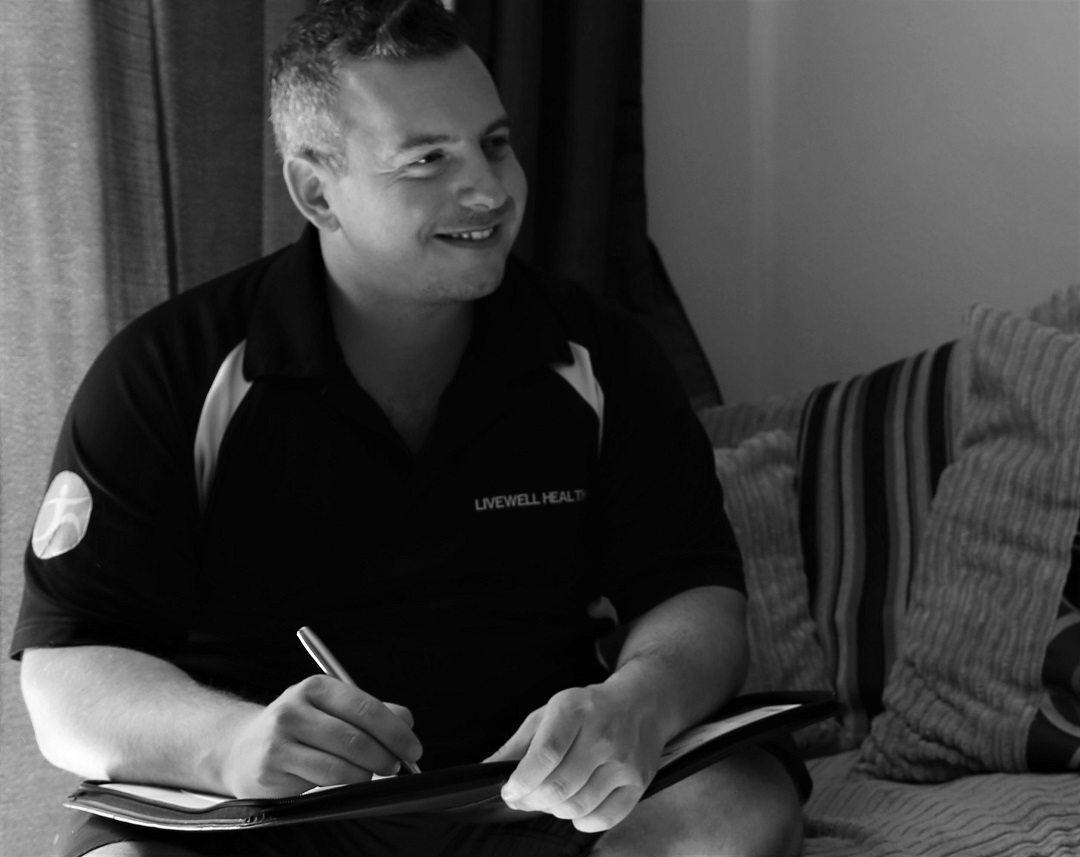Rest vs Activity
Rest and activity are necessary for overall health and well-being, and striking the right balance between the two is vital.
Rest is essential for the body to recover from physical and mental exertion. During rest, the body can repair tissues, replenish energy stores, and consolidate memories. Adequate rest can help reduce stress, improve mood, and enhance cognitive function.
On the other hand, physical activity is necessary for maintaining cardiovascular health, building muscle strength and endurance, improving flexibility and balance, and supporting healthy weight management.
It has also been shown that regular exercise can reduce the risk of chronic diseases, such as type 2 diabetes, heart disease, and specific types of cancer. Additionally, physical activity can improve mental health and cognitive function.
Ultimately, the appropriate balance between rest and activity will depend on an individual’s unique needs and goals. Some people may require more rest than others, while some may need more physical activity to achieve optimal health. It is important to consult with a healthcare professional or fitness expert to develop a personalized plan that meets your individual needs.
Physical activity guidelines
The physical activity guidelines recommend individuals of all ages and abilities maintain good health and reduce the risk of chronic diseases. The following are some general guidelines:
- For adults aged 18-64, engaging in at least 150 minutes of moderate-intensity aerobic physical activity per week, 75 minutes of vigorous-intensity aerobic physical exercise per week, or a combination of both, is recommended.
- Muscle-strengthening activities involving major muscle groups should be done two or more days per week.
- For children and adolescents aged 6-17 years, engaging in at least 60 minutes of moderate-to-vigorous intensity physical activity every day is recommended.
- For older adults aged 65 years and above, engaging in moderate-intensity aerobic physical activity for at least 150 minutes per week or in physical activity that combines moderate and vigorous-intensity activities is recommended.
- It is essential to avoid prolonged sitting and to engage in regular physical activity throughout the day.
These guidelines provide general recommendations for physical activity and may vary based on an individual’s health status, medical conditions, and other factors. It is always essential to consult with a healthcare professional before beginning a new exercise program or increasing physical activity levels.
Number of hours of sleep
The amount of sleep needed varies by age, with different age groups requiring different amounts of sleep. The National Sleep Foundation provides the following general guidelines for recommended hours of sleep by age:
- Preschoolers (3-5 years): 10-13 hours per day
- School-aged children (6-13 years): 9-11 hours per day
- Teenagers (14-17 years): 8-10 hours per day
- Young adults (18-25 years): 7-9 hours per day
- Adults (26-64 years): 7-9 hours per day
- Older adults (65+ years): 7-8 hours per day
It is vital to note that these are the general guidelines, and individual sleep needs may vary based on factors such as activity level, health status, and individual differences. Additionally, it is essential to prioritize getting enough sleep for optimal health and well-being, as sleep plays a vital role in good physical and mental health.
f you want to know more about correct technique or would like professional advice from one of our personal trainers then please get in touch. Furthermore, if you are feeling the negatives of a lack of sleep, then we can help there too with our specialist sports massage service. For more information on how these types of massage could help you, contact us on 07939 212 739 or drop us an email at info@livewellhealth.co.uk


